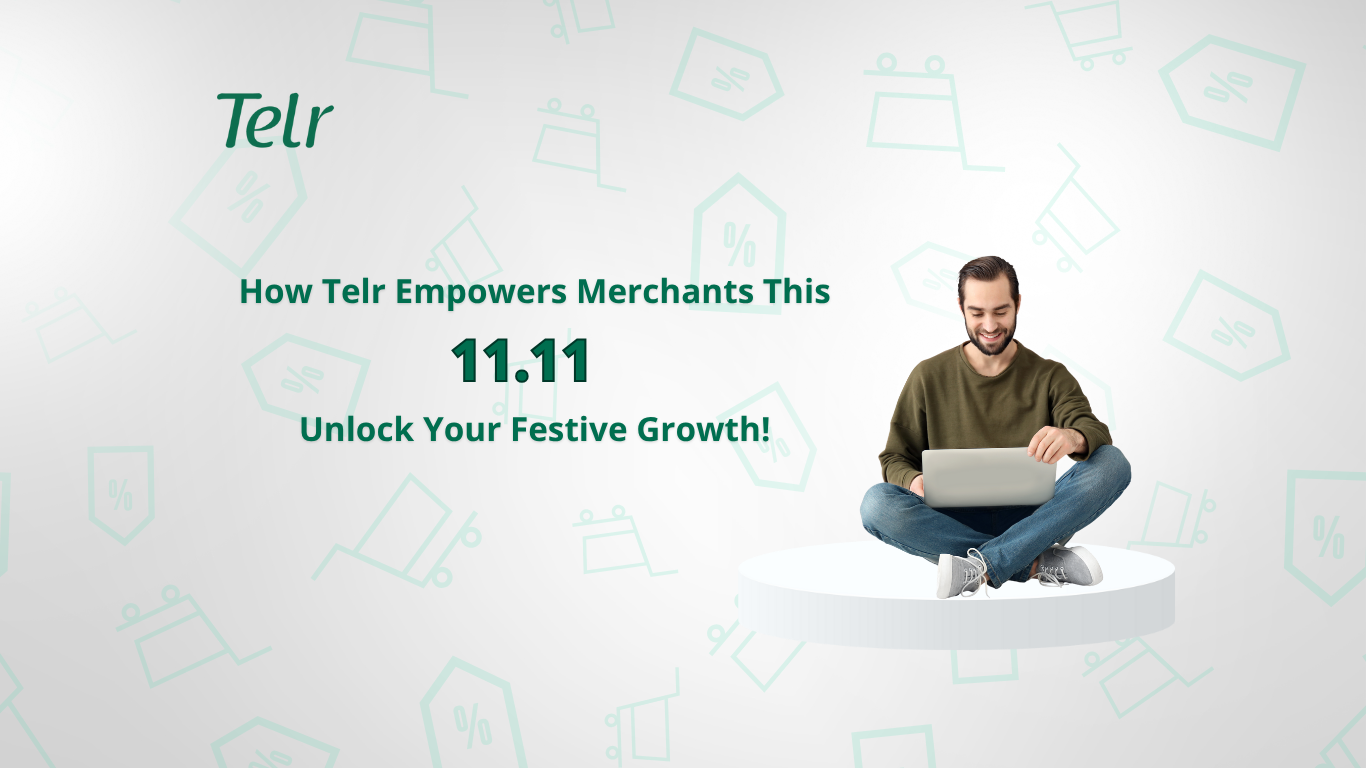
غم أن الشركات الصغيرة والمتوسطة تشكل العمود الفقري للاقتصاد الهندي، إلا أن العديد منها لا يزال يعمل خارج الإنترنت، رغم طفرة الرقمنة في البلاد. وفقًا لدراسة مشتركة من KPMG وGoogle، لا تزال 68% من الشركات الهندية الصغيرة والمتوسطة تعمل بشكل تقليدي دون اتصال بالإنترنت. حتى الشركات التي تمتلك بنية تحتية رقمية لم تستفد بعد من كامل إمكانياتها. وأشار التقرير إلى أن 2% فقط من أكثر من 51 مليون شركة صغيرة ومتوسطة تشارك بنشاط في العمليات الرقمية.
طفرة الرقمنة
يمكن أن تفتح الرقمنة أبوابًا واسعة من الفرص للشركات الصغيرة والمتوسطة في الهند، مما يمكنها من تجاوز الحدود الجغرافية التقليدية والوصول إلى عملاء جدد. ووفقًا لتقرير من Zinnov، تم الكشف عن أن ما يقرب من مليوني ربة منزل بدأن العمل من المنزل ويجتذبن أعمالًا بقيمة 8-9 مليار دولار أمريكي عن طريق البيع عبر Facebook وWhatsApp. وهذا يعزز من أهمية الدفع الرقمي، حيث يمكن لمقدمي حلول الدفع الرائدين تمكين الشركات الصغيرة من البيع عبر منصات التواصل الاجتماعي مثل Facebook وTwitter وInstagram وWhatsApp.
فوائد التحول الرقمي
أظهرت التقارير أن الشركات الصغيرة والمتوسطة ذات الحضور الرقمي نمت بمعدل أسرع مرتين من نظيراتها غير المتصلة بالإنترنت. وتمكنت 51% من الشركات المدعومة رقميًا من البيع إلى مدن أخرى، مما ساعدها على توسيع نطاق أعمالها دون زيادة في النفقات العامة. وبذلك، تمكنت هذه الشركات من توظيف ما يصل إلى خمسة أضعاف القوى العاملة مقارنة بالشركات غير المتصلة بالإنترنت.
أهمية قبول المدفوعات الإلكترونية
قرار حكومة الهند بحظر الأوراق النقدية القديمة كان له تأثير كبير، حيث تحول العديد من الشركات الصغيرة والمتوسطة إلى قبول المدفوعات الإلكترونية والدفع عبر الشيكات. كشف تقرير CIRSIL أن 41% من الشركات الصغيرة والمتوسطة أبلغت عن تحول إلى المدفوعات الإلكترونية أو الدفع عبر الشيكات من قبل عملائها. وقبول المدفوعات الإلكترونية يساهم في النمو السريع لهذه الشركات من خلال توفير حفظ أسهل للسجلات، وتوسيع السوق، ومعالجة المدفوعات بسرعة.
المستقبل الرقمي
التغييرات المؤسسية مثل زيادة القدرة على تحمل تكاليف الهواتف الذكية وتحسين البنية التحتية الرقمية تعزز من موجة الرقمنة في الهند. مع الميزانية المعلنة لعام 2017، خصصت الحكومة 10000 كرور لمشروع Bharat Net، الذي سيضمن وجود نقاط اتصال WiFi في أكثر من 150,000 قرية.
الختام
قبول المدفوعات الإلكترونية والتحول إلى الرقمنة ضروريان لتمكين الشركات الهندية الصغيرة والمتوسطة من النمو والتوسع. مع التحسينات المستمرة في البنية التحتية الرقمية وزيادة الوصول إلى الإنترنت، يبدو المستقبل مشرقًا لهذه الشركات في الهند.
Recent Posts

تلر وكماة تعلنان عن شراكة جديدة لدفع عجلة الابتكار في حلول الدفع


شراكة استراتيجية بين "تلر" و"بيكو" لإطلاق منصة مبتكرة لإدارة الأعمال تلر إنسبتا




.png)
.png)







